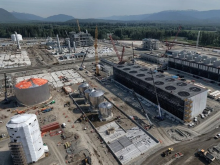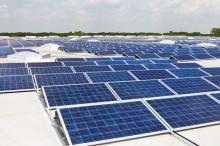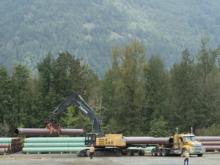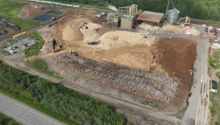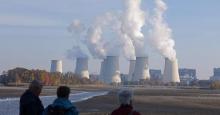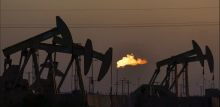COP27 is over. The UN summit took one big step forward on climate justice with the creation of a loss and damage fund for the most impacted nations, while taking two enormous steps backwards by failing to call for a phaseout of all fossil fuels.
Canadian companies are helping drive a wave of fossil fuel expansion in Africa, new data from German climate and human rights group Urgewald shows, and climate advocates say the federal government must step in with strong regulations to turn the tide.

